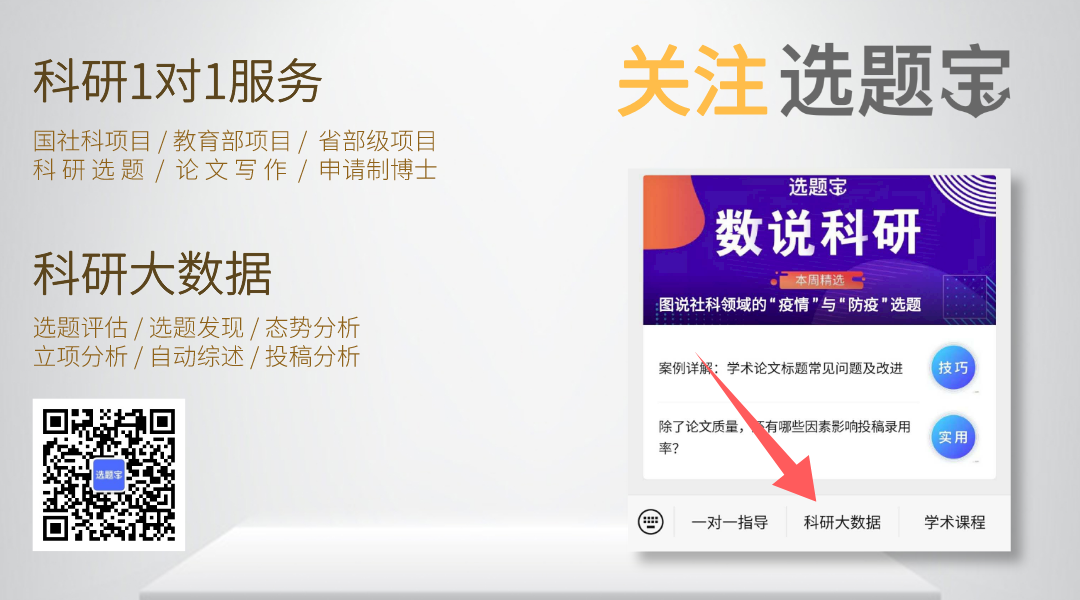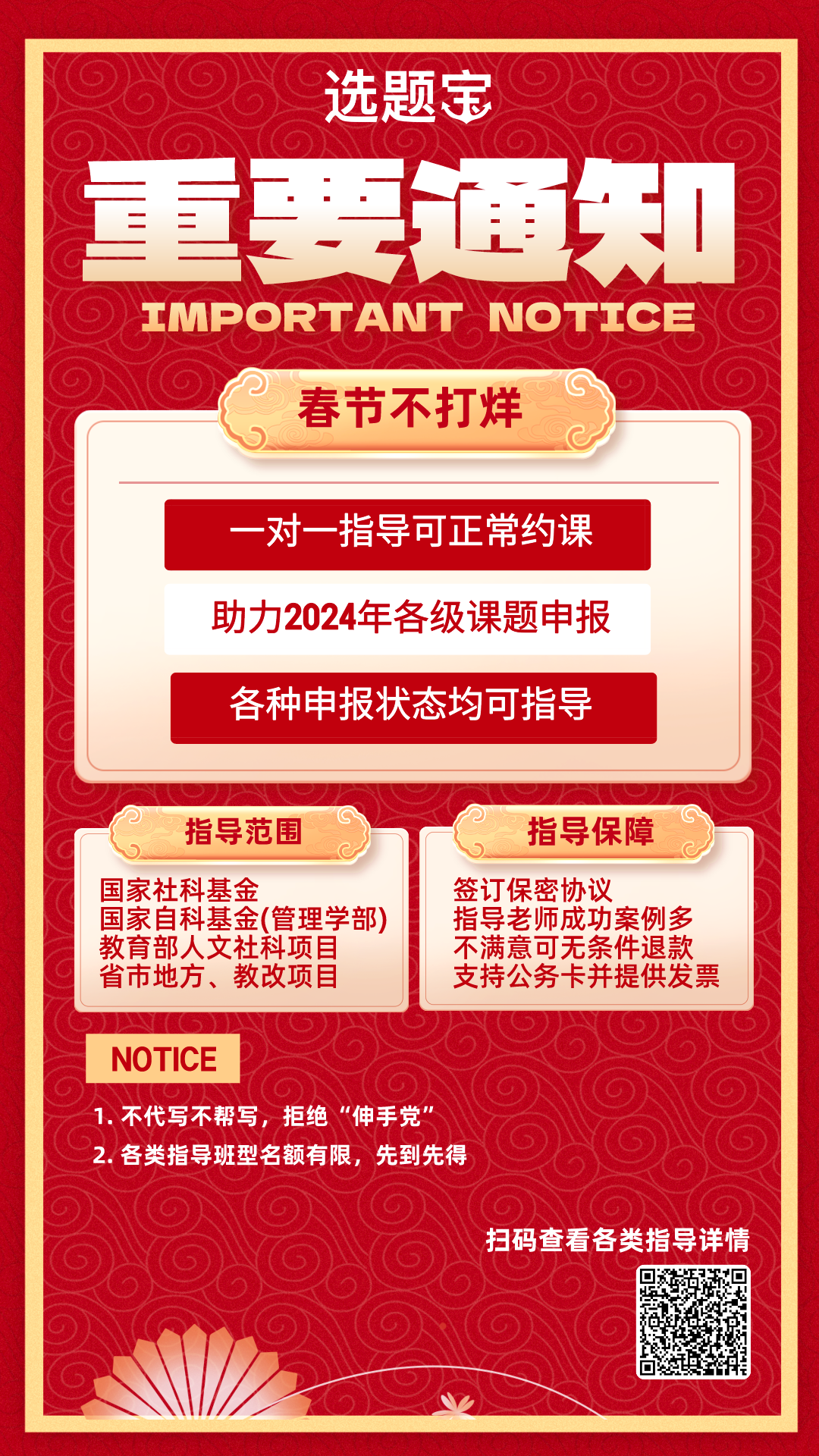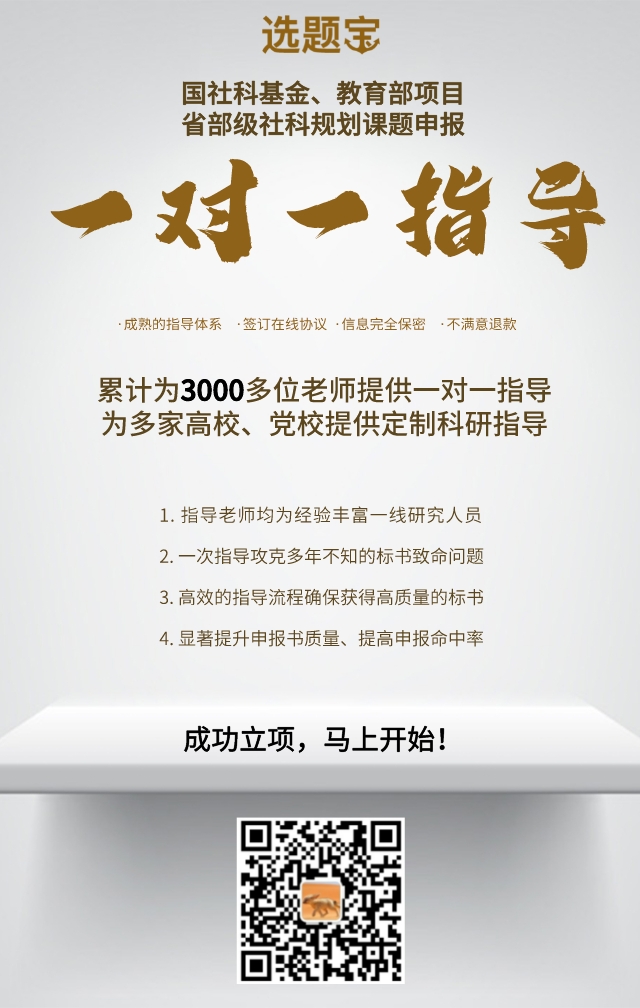SSCI《Journal of Business Venturing》征稿: 创业生态系统的微观基础
2024年12月13日
截止日期:2026/02/01 23:59
征稿期刊
Journal of Business Venturing
期刊级别
SSCI (JCR 2023)
IF 7.7
Q1 (BUSINESS 29/302)
征稿主题
The Microfoundations of Entrepreneurial Ecosystems
细分领域
How do EE macro-level factors (i.e., regulation and social norms, resources, governance) influence the learning and transformation of individuals and organizations (Cope, 2005; Politis, 2005) through changes in structures and processes (Felin et al., 2015; Kim et al., 2016)?
How do external shocks – such as the 2008 global financial crisis or the COVID-19 pandemic, affect EEs’ primary components (i.e., individuals, structures, and processes) (Siegel and Guerrero, 2021)?
How can EE outcomes (e.g., the birth of scalable new firms) drive changes in EEs’ primary components? Does EE success breed the success of its components (Isenberg, 2010)? What are the boundary conditions that make it happen?
Which macro-level characteristics of EEs (e.g., the supply of financial and human capital, social norms favoring trust, favorable regulation) attract entrepreneurs and investors from other EEs, and which ones repel them, favoring re-localization (Bryan and Guzman, 2023)?
How can urban space design influence EE actors' behavior and favor the development of gender and ethnic minority-friendly EEs (Dutta et al., 2022)?
How do EEs shape a common identity among different actors (entrepreneurs, employees, investors, public officers), thus reducing agency and transaction costs within and across organizations (Thompson et al., 2017)?
How do entrepreneurial structures and processes and individual and firm-level actions foster EE framework conditions and outcomes (Shi and Shi, 2022)?
How does technology transfer management and academic entrepreneurship affect EEs and their associated outcomes (Siegel and Wright, 2015)?
How do EE actors' characteristics (e.g., academic vs. corporate entrepreneurs) and diversity (e.g., education, prior experience, presence of minority groups) affect EE framework conditions and outcomes (Colombo and Piva, 2012; Rocha et al., 2021)?
How do external enablers (e.g., platforms, AI) influence individuals, structures, and processes, thus altering EE framework conditions and outcomes (Davidsson et al., 2020; Autio et al., 2018; Davidsson, 2015)?
Does high employment mobility within EEs (e.g., across firms, between firms, universities, investors, and public policy bodies) ensure high dynamism, capability enrichment, and innovation within EEs? Or is it a source of conflicts and distrust (e.g., increasing knowledge misappropriation risks, generating conflicts of interest), thus magnifying transaction costs and reducing the effectiveness of EEs?
重要时间
Submission Deadline: 1 February 2026


推荐内容



